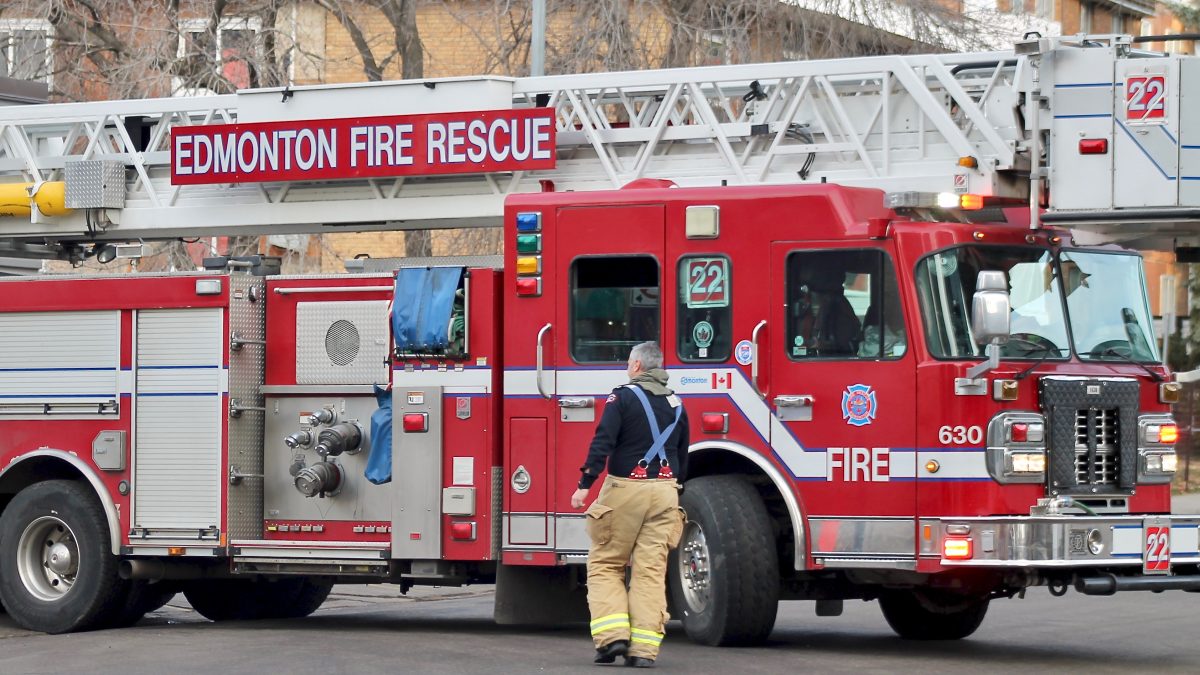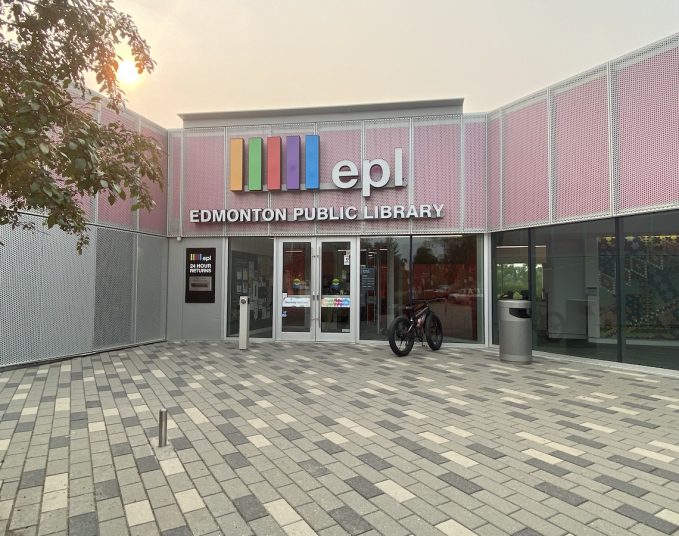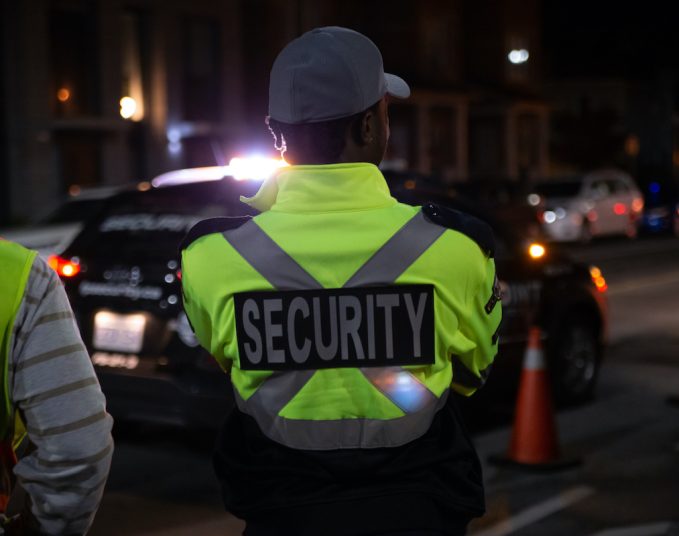Most people would consider services like policing, fire rescue and ambulance essential. Without them, our basic safety becomes compromised. But what about the people behind the scenes? The ones picking up the phones when you dial 911? How essential are they?
That’s the question at the core of a dispute between the City of Edmonton and the Civic Service Union 52 (CSU 52) over whether 911 workers should be exempt from any upcoming work stoppages.
Under Alberta’s Labour Relations Code, services deemed essential to public safety or health are legislatively unable to strike. Instead, they’re guaranteed mandatory mediation and arbitration in labour disputes. But dispatchers in Edmonton aren’t legally considered essential, meaning a significant chunk — roughly 94 per cent, according to EPS — of the people working answering emergency calls could be on the picket line.
The question that raises is ‘what happens to 911 services if there’s a strike?’ The answer isn’t entirely clear.
Urban Affairs reached out to both the City of Edmonton and Edmonton Police Service (EPS) to ask how losing staff to a work stoppage might affect operations. Neither gave us a clear answer. Instead, they offered a statement saying the City and EPS have contingency plans in place to ensure “critical operations continue” (note they didn’t say essential). However, they didn’t provide any detail as to what those contingency plans might be.
There are ways to avoid disruption entirely, however. The City and CSU 52 could jointly submit an application to the Alberta Labour Relations Board (ALRB) to have emergency communications members designated as essential, or the CSU 52 could voluntarily exempt them from any upcoming strike action.
In its statement to Urban Affairs, it’s obvious which method the City prefers.
“The process for CSU members to be exempt from the strike action does not require an application to the Alberta Labour Relations Board,” the statement reads. “CSU can agree to exempt workers from the strike action.”
And it has, just not for the workers the City is talking about here. Union president Lanny Chudyk has exempted members who work in Edmonton’s dedicated accessible transit service (DATS) but said much of the exemption requests he’s received from the City and EPS would render a work stoppage toothless.
“The City reached out to me last summer with about 400 positions they wanted me to declare exempt in the case of a work stoppage — IT, payroll, those kinds of areas,” Chudyk said. “Well then what would be the point of my members going on strike? Why have people walk the picket line if I’m going to voluntarily exempt all these people so you can continue to run your operation?”
That’s not to say that Chudyk isn’t in favour of 911 workers being taken off the picket line — he recognizes the disruption it could cause — but if they’re going to be exempt, Chudyk believes it’s the City that should apply to officially designate them as essential.
“I’m prepared to co-author an application with [the City and EPS] at the board, because they’re saying ‘public safety’ and I don’t totally disagree, but if the employer doesn’t think they’re essential, why would the union voluntarily keep them in the workplace?”
Urban Affairs asked the City why it had not submitted an application to have these workers deemed essential, but it didn’t provide a direct answer. Chudyk believes that’s because the answer has more to do with what an “essential” label might mean for future disputes.
“One of the problems they run into when they have an area declared essential by the ALRB is that bargaining becomes different because they might then have access to mandatory arbitration eventually,” Chudyk said. “I think the reluctance … is because it could complicate their bargaining with us in the future.”
If the point of a strike is to pressure an employer to come back to the table, then Chudyk’s logic in keeping 911 dispatchers on the line is sound. But that doesn’t mean it won’t put pressure on the city’s emergency responders. Finding replacements for 94 per cent of your workforce is a lot of ground to make up with a contingency plan. Still, Chudyk suspects any disruption to emergency communications would be short lived.
“I … suspect they would end up going to the ALRB and asking the board to declare, due to public safety, a temporary exemption for all of those CSU 52 communications people and order them back to work,” he said. “You might have a disruption of one or two days.”
Savvy AF. Blunt AF. Edmonton AF.




